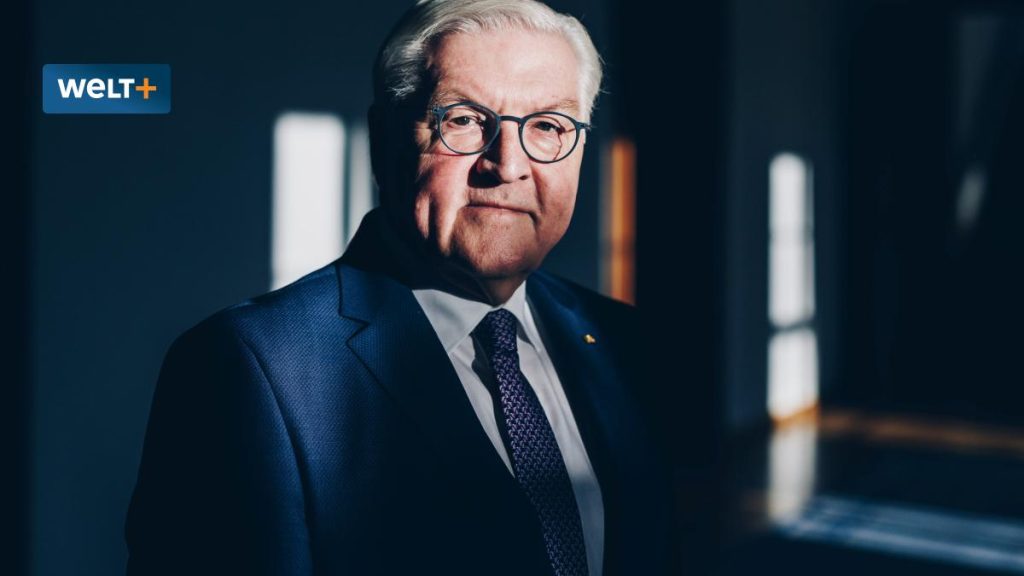German President Frank-Walter Steinmeier recently delivered a speech in which he emphasized the importance of unity in society. He spoke about the challenges faced by Germany and the world due to increasing polarizations and divisions, and stressed the need for a sense of collective responsibility and solidarity. Steinmeier highlighted the concept of “Wir” or “we” as a central theme in his address, calling for a focus on what unites people rather than what divides them.
Steinmeier’s speech comes at a time when Germany is grappling with various social and political issues, including rising populism and extremism. The President highlighted the dangers of exclusion and discrimination, emphasizing the importance of respecting differences and finding common ground. He also underscored the need for tolerance and understanding in the face of diversity, urging Germans to embrace inclusivity and acceptance.
The concept of “Wir” has deep historical roots in Germany, with the term carrying symbolic importance in the country’s quest for unity and reconciliation after World War II. Steinmeier drew on this history to underscore the significance of collective identity and solidarity in overcoming challenges. He emphasized the need for Germans to come together as a nation, transcending individual interests and affiliations for the greater good of society.
Steinmeier’s speech has garnered mixed reactions from the public and political commentators. While some have praised his message of unity and solidarity, others have criticized it as overly idealistic and disconnected from the realities of contemporary Germany. Some have raised concerns about the ability of the concept of “Wir” to address deep-seated divisions and inequalities in society, calling for more concrete actions and policies to promote social cohesion.
In light of ongoing debates about national identity and multiculturalism in Germany, Steinmeier’s emphasis on the concept of “Wir” raises important questions about the country’s future direction. As Germany continues to grapple with issues of integration and diversity, the President’s call for unity and solidarity may serve as a starting point for discussions on how to build a more inclusive and cohesive society. However, it remains to be seen whether the concept of “Wir” will resonate with all segments of German society and lead to tangible changes in social attitudes and policies.
Overall, Steinmeier’s speech reflects a broader conversation about the challenges of building unity and solidarity in today’s increasingly fragmented and polarized world. As Germany and other countries continue to navigate complex social, political, and economic challenges, the concept of “Wir” may serve as a powerful reminder of the importance of collective responsibility and cooperation in addressing shared concerns. Ultimately, the success of Steinmeier’s vision of a united “Wir” will depend on the willingness of individuals and communities to embrace a sense of common purpose and work together towards a more harmonious and inclusive society.


